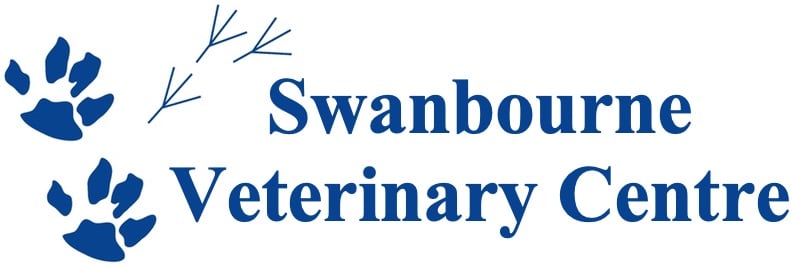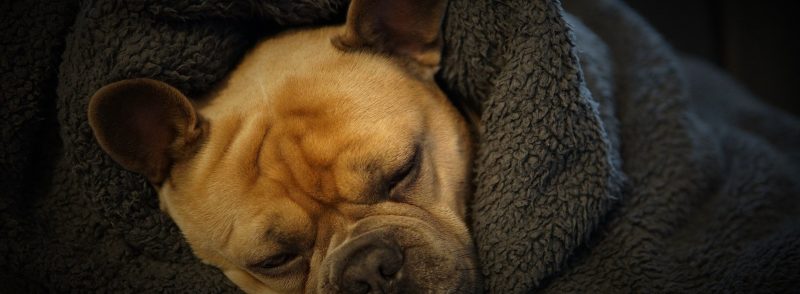Winter Ailments 2021
All the normal preventatives such as heartworm protection, vaccinations, deworming and regular bathing should be continued during the Winter months as Perth’s temperate climate means there is no respite as there may be in colder climates but never the less we need to consider some extra issues to make our pets happy and safe in the colder months. If it is anything like the last couple of years we may be in for a wet and windy time so we need to be prepared. This year we will be holding all evening Dog Obedience Classes at the David Cruickshank Pavilion in Dalkeith as there is some shelter there. The Claremont Dog Park off Lakeside in Davies Rd will also be used on Saturday mornings and affords some shelter as well.
Generally however winter in Perth is nothing like the Northern Hemisphere or even in the Southern States on the Eastern Seaboard here in Australia and so this makes it very important to consider all the issues of Autumn and Spring as well as the seasons merge into one another.
Covid of course adds another layer of complexity but we have been very lucky in the West to date. Let’s hope that continues.
Nevertheless we still need to look after the inner needs of your pet, the older members of the pet community and those issues that are not a problem elsewhere but here in Perth that remain a problem 12 months of the year.
1. Depression in Winter is a very real problem for all of us. The lack of stimulation brought on by shorter or discon- tinued walks in the park to meet their friends means our pets can become more introverted. As a consequence they tend to eat more and put on weight. Remember that they still need exercise (and you do too!) so try to get out for an early morning walk no matter the weather and ensure that in the gloom they are wearing fluorescent coats, a flashing light on their collar or are on the lead. Cars become way more hazardous as stopping times in the wet are much greater. Identification becomes more important as well so collars with clearly read ID are essential as are microchips.
2. Whilst on the subject of depression, make sure you pamper them even more by brushing them regularly, and engage them in other forms of activity such as games, regular treats and inside activities as the “inner” animal needs to be cared for as well as their physical needs
3. Just as we desire “comfort food” in the winter so do our pets. Warm their food and think of winter warmer recipes to keep them interested, just as giving them ice blocks and cold treats in the heat of the summer.
4. On the topic of comfort food ensure they don’t get into your stash….things like grapes, raisins, macadamia nuts, chocolate, tea, cola and cocoa beans, as well as garlic and onions. In other words hazard proof you home when they stay inside in your absence!
5. Arthritis is more painful in the cold so keep their beds off concrete floors (a wooden palate is idea for this, or a hammock bed) and out of the wind. We have a handout on this subject so ask for it next time you visit or we can email it. The new 4Cyte product is worth trying featuring the plant product epitalis. Watch for the subtle signs of discomfort in the early stages and keep their weight down with gentle and regular exercise.
6. Some breeds are more susceptible to the cold. Greyhounds, Whippets and Dachshunds have a high surface area to body weight and are short haired so they have more difficulty regulating their temperature on those cold nights than larger woolly dogs
7. On the other hand heavy coated dogs may need to have their coats trimmed as the temperature of the house is elevated particularly at night, and these types of dogs in particular may need to be bathed more regularly as their coats will start to smell when they get wet, and then come inside.
8. Some breeds will need coats as they come in and out of the house and their systems struggle to regulate the transition between extremes (as we do). Equally when getting those regular winter haircuts make sure you get our “Woolly Winter Clip” (just the face, feet and bum) for those breeds requiring regular attention such as poodles and white fluffies.
9. Using the hydrobath at Swanbourne is a great idea during the winter as we have the facility with warm water to do the job thoroughly and dry them off well or blow dry them, plus it is sheltered and out of the wind. Equally you can do it yourself in the same area with our DIY service for just $12.
10. Heating pads and hot water bottles are a great comfort to older pets in bed but ensure they are safe and will not burst and also ensure they don’t get too close to an open fire or heater!
11. Those people that have “crate trained” their dogs from an early age will find this all very easy as the dogs will have no issue curling up in the crate which can be shifted to a warmer area during the winter.
12. Remember to hazard proof their external surroundings as well. The car is not a good place to curl up in and then be forgotten. Heat stroke is still a hazard in a locked car during the winter, snail bait can still be attractive during the winter if you misuse it, and when walking on the beach watch out for fish heads with gangs of hooks still attached abandoned by careless fisherman, blowfish and sea hares (Nudibranch). This issue of Sea Hares has reared its ugly head already with reports of dogs affected up and down the coast. Like all these issues you should consult your local veterinarian immediately if you think your dog has been in contact with any sort of toxin. Remember also to cover the pool or lock the gate as dogs have difficulty climbing out particularly when they are older.
13. Due to our climate being so temperate all the parasite control (heartworm, fleas etc) must still be kept in place unlike colder climates when these disappear from the landscape in winter.
14. In fact a thorough checkup is very important at the onset of Winter to ensure vaccinations are up to date as during stressful times respiratory diseases in cats and canine cough in dogs become more prevalent
15. Just a reminder of the 10 commandments when dealing with your pets (dependants!)
(a) Feed an adequate balanced diet, preferably one of the premium commercial diets such as our locally produced Delicate Care and ease off the quantity during Winter, the sedentary season!
Also recently we have been reminded that raw chicken is a haven for bacteria so all that stuff about raw chicken necks being good for their teeth etc is not worth the risk
(b) Supply clean, cool water at all times. Preferably in the shade and several bowls ….add iceblocks if it hot!
(c) Provide a cosy, dry sleeping area, out of the wind and off the ground (preferably inside!)
(d) Provide your best friend with regular exercise and allow he/she regular family contact …include them in all your activities wherever possible …they are part of the family
(e) Protect their health at all times with a regular wellness program, including vaccination, deworming, heartworm control and flea and tick control (still no word of any cases of Ehrlichiosis in the metropolitan area but it seems to have been recognized in the North West frequently. Remember if you are travelling in these areas holidaying be sure to get adequate protection for the dog before you set off. Advantix squeeze-on flea and tick prevention and the Seresto collar are thought to be the best preventatives to use BUT not on the cat!
(f) Register both dogs and cats with the local Council and ensure the tag and owner’s details are easily identifiable and legible. Microchipping is now compulsory and a no brainer. And recently a new system of attaching the animal’s medical history to the microchip has increased its value (DB Vetbase) and we use it here at Swanbourne.
(g) Keep your dog confined on your property at all times, and cats should always be kept inside at night.
(h) Consider neighbours and ensure your dog is well trained (proper socialization at puppy classes and obedience classes is essential), doesn’t bark in your absence and is polite to everyone on walks
(i) All domestic dogs and cats should be neutered if not used for breeding. It does them no harm and in fact helps eliminate mammary cancer in bitches and prostate disease in males… another no brainer.
(j) Consider their welfare when planning a holiday and book them in early to local boarding kennels or better still organize a live-in minder
16. And definitely (finally!) …always have in the back of your mind that an animal’s behavioral health and welfare must be protected in all phases of its life by adhering to the 5 Freedoms:
- Freedom from hunger
- Freedom from discomfort
- Freedom from pain, injury and disease
- Freedom to express its normal behaviour
- Freedom from fear and distress
Remember that even in Perth, Winter can be a depressing time with activities centred around sedentary activities like watching TV so the pets are often excluded. Also remember that the nights can be cold so spare a thought for the pets of the family and include them as much as possible when warming the house.



